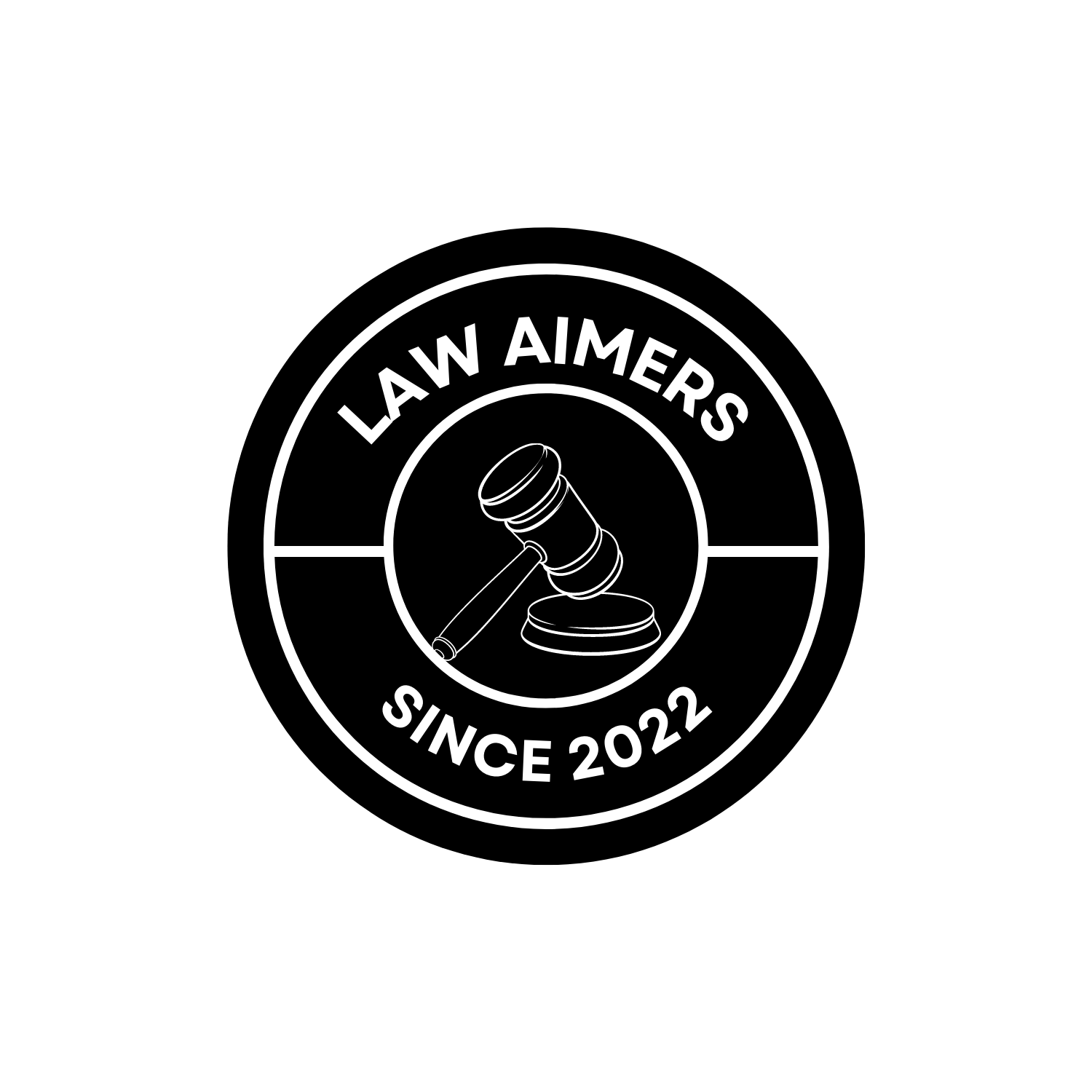The concept of expert opinion plays a significant role in legal proceedings, including under the Indian Evidence Act, 1872.
Expert opinion refers to the testimony or opinion provided by an individual who possesses specialized knowledge, skills, or expertise in a particular field relevant to the case.
Definition of an Expert
An expert is someone who has specialized knowledge, skills, or experience in a particular field that goes beyond the general understanding of an average person. They are recognized as an authority or professional in their respective field.
Admissibility of Expert Opinion
Expert opinion is admissible in court to assist the judge or jury in understanding complex matters that require specialized knowledge. The court determines the admissibility of expert opinion based on the relevance, reliability, and expertise of the witness.
Areas of Expertise
Expert opinions may be sought in various areas such as medical, forensic, scientific, technical, financial, or any other field where specialized knowledge is necessary to interpret evidence or provide insight into the case.
Qualifications of an Expert
The qualifications of an expert are essential for their opinion to be admissible and carry weight in court. The court evaluates the expert’s educational background, professional experience, training, publications, and reputation in the relevant field.
Role of an Expert
An expert witness provides an opinion based on their expertise to help the court understand complex or technical matters. They may analyze evidence, conduct experiments or tests, review documents, and provide an interpretation or conclusion based on their specialized knowledge.
Expert Opinion as Evidence
Expert opinion is considered evidence in a case. However, it is important to note that expert opinions are not binding on the court. The judge or jury evaluates the opinion along with other evidence presented and makes a decision based on the totality of the circumstances.
Cross-examination and challenges to Expert Opinion
The opposing party has the right to cross-examine the expert witness to challenge their opinion. This may include questioning the expert’s qualifications, methodology, biases, or the reliability of their conclusions.
Weight of Expert Opinion
The weight given to an expert opinion depends on various factors, including the expert’s qualifications, the methodology employed, the consistency with other evidence, and the persuasiveness of their reasoning.





